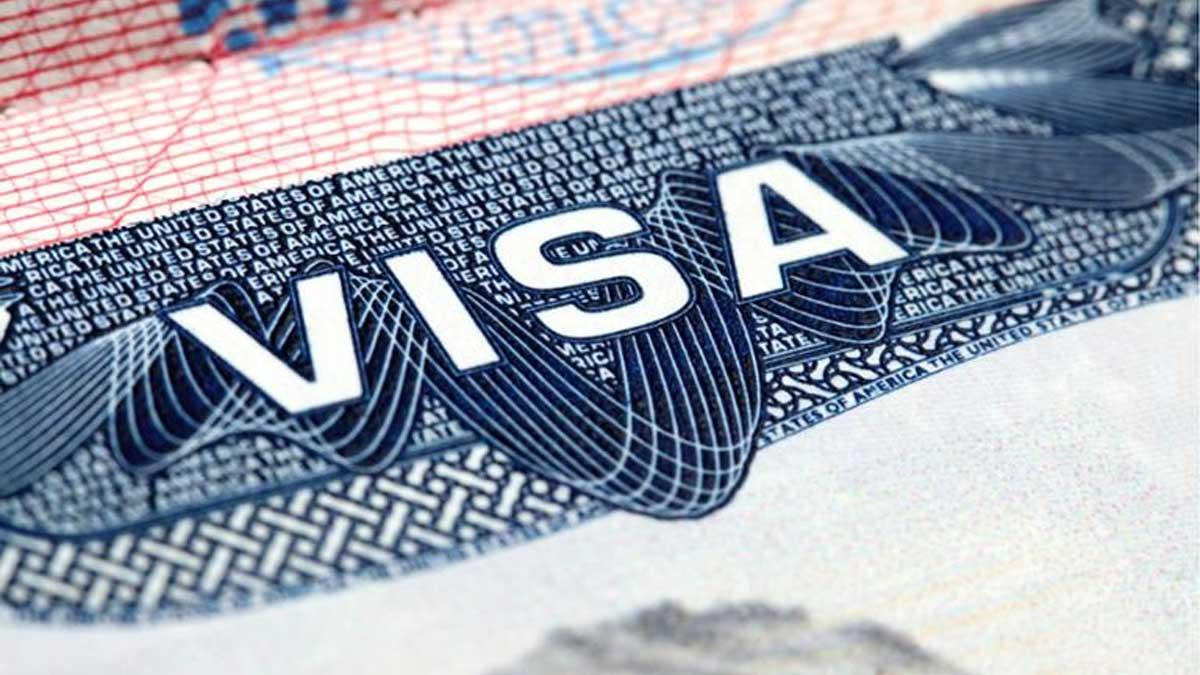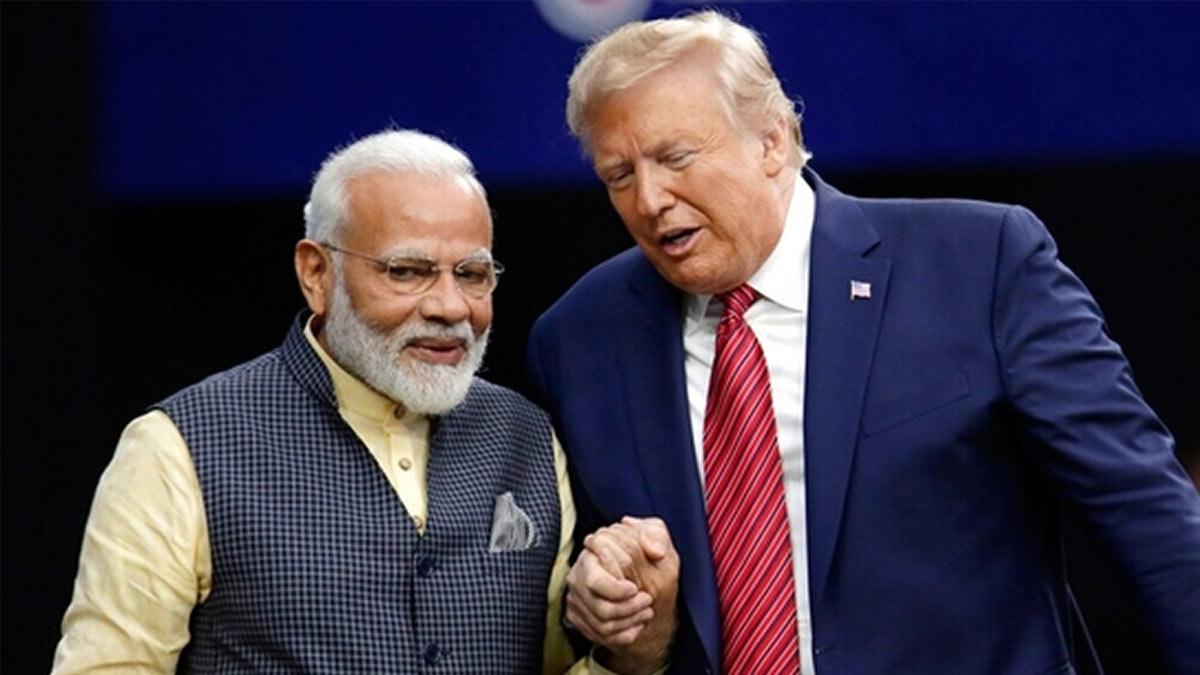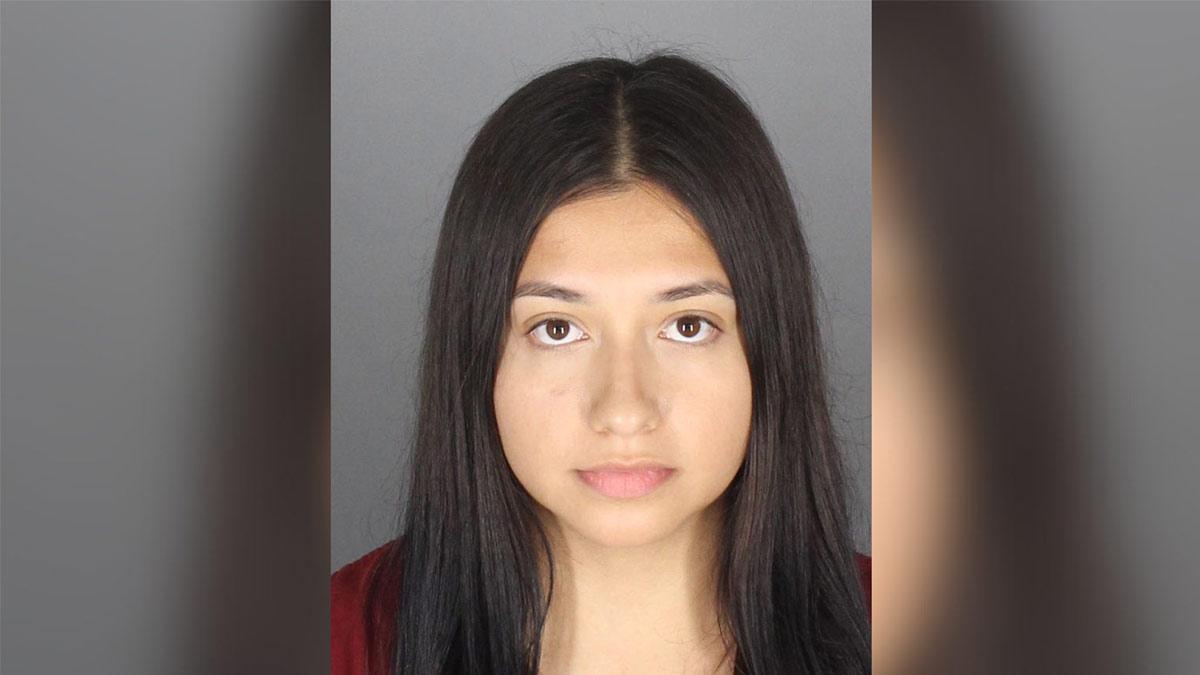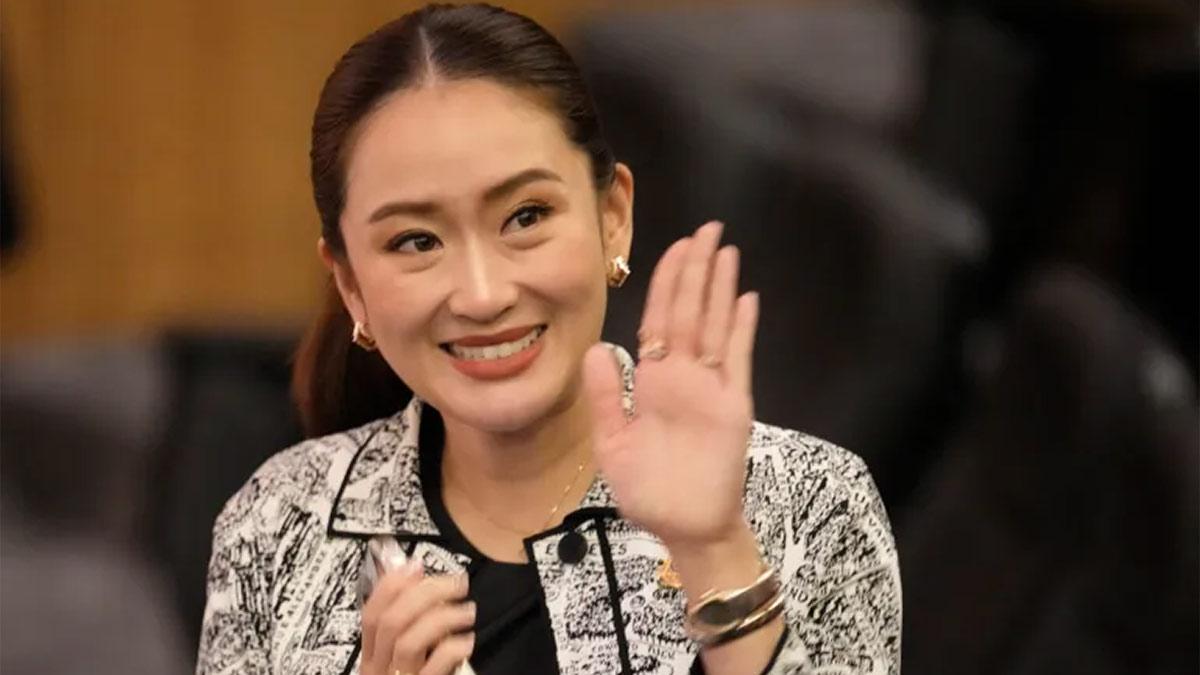The outgoing Biden administration has relaxed some rules for H-1B visas that will make it relatively easier for American companies to hire foreign workers with special skills and facilitate a smoother transition from F-1 student visas to H-1B visas, a move that is likely to help thousands of Indian tech professionals.
The most sought-after H-1B visa is a non-immigrant visa that would allow US companies to bring in foreign workers for specialized occupations requiring theoretical or technical expertise.
Technology companies are dependent on it to attract tens of thousands of workers every year from countries like India and China.
The rule, announced by the Department of Homeland Security (DHS) on Tuesday, is supposed to provide greater flexibility for employers and workers by updating the definition and requirements of special positions and nonprofit and governmental research organizations exempted from the annual statutory limit on H-1B visas.
The changes will enable US employers to hire according to their business needs and keep pace with the global market, an official release said.
President-elect Donald Trump will assume the office of the next president of the US after his swearing-in ceremony on January 20.
The rule, according to the DHS, also extends certain flexibilities for students on F-1 visas seeking to change their status to H-1B to avoid disruptions in lawful status and employment authorisation for students holding F-1 visas.
It also will allow US Citizenship and Immigration Services (USCIS) to process applications more quickly for most individuals who had previously been approved for an H1-B visa.
It will also make eligible for H-1B status the H1-B visa holders who possess a controlling interest in the petitioning organization with reasonable conditions. The last step undertaken by the exiting Biden government is an expansion of what it has undertaken previously that ensures the needs of US labor are met to relieve undue burdens on employers who remain faithful to all worker protections required under the law.
"American businesses rely on the H-1B visa program to recruit high-skilled talent, spurring communities around the country," said Secretary of Homeland Security Alejandro N. Mayorkas.
"These enhancements to the program increase employers' flexibility to attract global talent, enhance our economic competitiveness, and enable highly skilled workers to continue driving the advancement of American innovation," he added.
The H-1B program was first implemented in 1990 by the Congress, and there was no doubt that it required being updated to support the fast-growing economy of the United States, said USCIS Director Ur M. Jaddou.
The improvements made in the final rule would keep US employers able to recruit highly skilled workers they required to grow and innovate as they built integrity into the program, he said.
The DHS explained the rule strengthens the integrity of the program as it now codifies USCIS's authority to inspect and fine parties for failing to comply. The requested start date now requires an employer to prove that, as of such date, it has a bona fide position in a specialty occupation available for the worker.
It clarifies that the Labour Condition Application must support and properly correspond with the H-1B petition; and requires that the petitioner have a legal presence and be subject to legal processes in the courts of the United States.
All petitions starting from January 17, 2025, will require a new edition of Form I-129, Petition for a Nonimmigrant Worker, for the implementation of the rule.
The DHS through USCIS is legally limited to awarding 65,000 H-1Bs per year, and an additional 20,000 for applicants with advanced degrees, though many nonprofits are exempt from that cap.
H-1B petitions subject to the cap regularly exceed the number of legally available visas, which are issued annually at the start of the fiscal year. Applicants are chosen by a lottery system for review, meaning eligible applicants are often denied due to chance.
Cap-exempt organisations can petition for H-1Bs year-round, and they are not subject to a statutory limit, the Hill reported.
The report further added that under the new rule, nonprofit and governmental research organizations will be defined as those whose "fundamental activity" is research, rather than the previous "primarily engaged" or "primary mission" definitions, which led to confusion over which organizations were exempt from the cap and which were not.
The H-1B programme has been criticized in the past for being vulnerable to abuse in large part by organisations that flood the application system, thereby lowering the chances of applicants subject to the cap lottery.
Read also| New York Judge Upholds Trump’s Conviction in Hush Money Case
Read also| Canada's Political Crisis Escalates as PM Trudeau Faces Renewed Calls to Resign


















